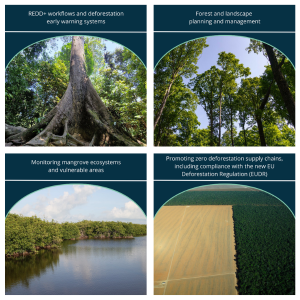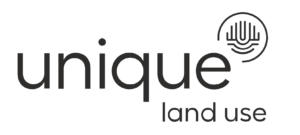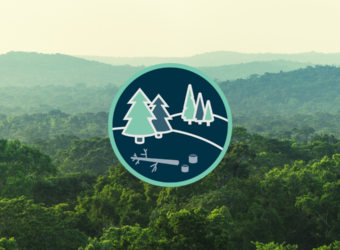GDA Forest Management Kick-off meeting
The GDA Forest Management activity officially began on 3rd September and will run for 21 months. This project aims to enhance forest management by using Earth Observation (EO) technology to … Read more


Knowledge Hub
Advancing and Building EO knowledge and Capacity (ABC). Extensive and interactive repository of European Earth Observation service capabilities.
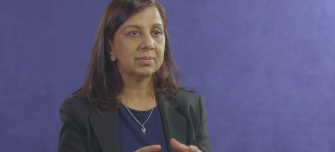
MOOC on Satellite Earth Observation for IDA
The Space for International Development Assistance Massive Open Online Course (MOOC), created for the GDA, examines EO’s role in global development with expert insights.
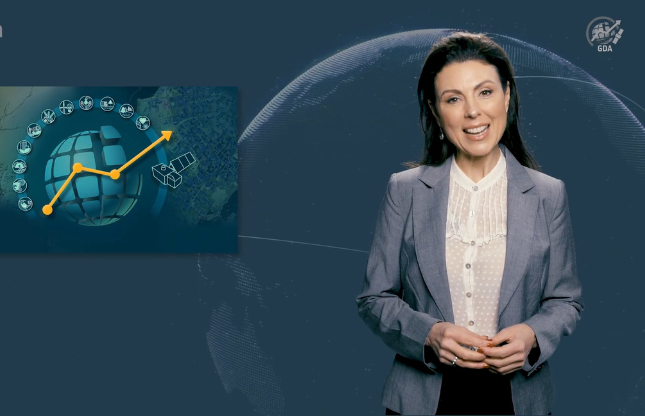
ESA GDA Impact Newsroom- Episode 17: February 2026
Episode 16. This month, we show how satellite Earth Observation (EO) is directly shaping investment decisions with International Financial Institutions (IFIs) in the Dominican Republic, Madagascar, and Somalia.
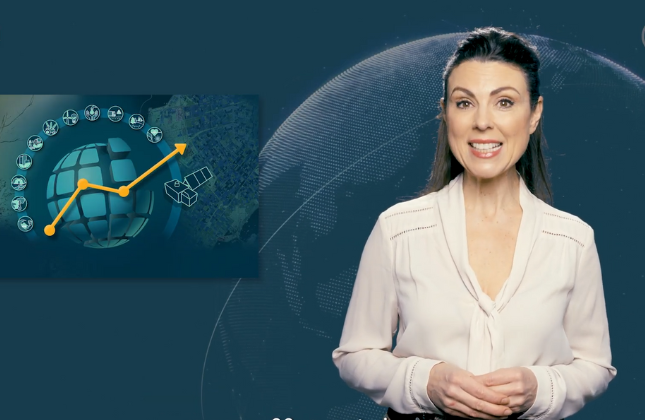
ESA GDA Impact Newsroom- Episode 16: January 2026
Episode 16. In 2025, ESA’s GDA reached a milestone: 130 projects across 88 countries. EO is no longer being piloted, it’s being embedded and scaled by partners themselves.

